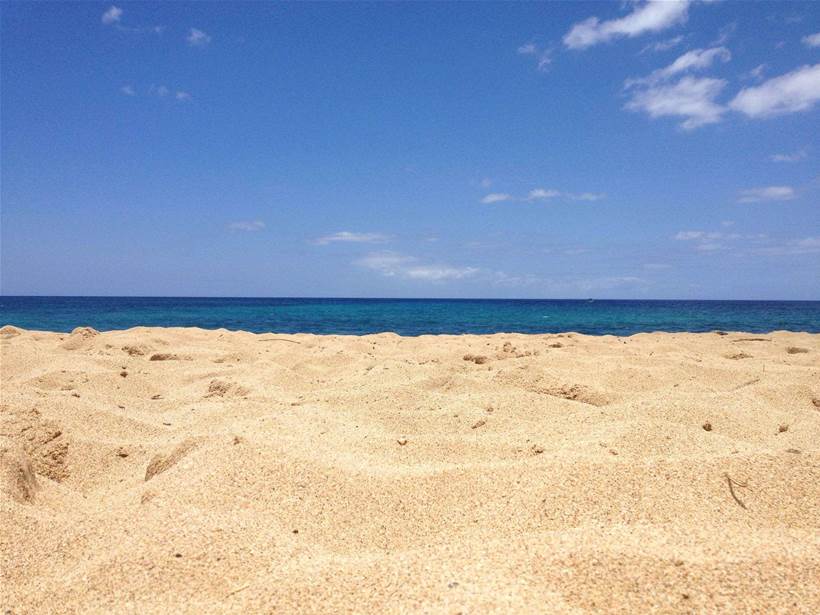Lake Macquarie Council in NSW has received $910,000 Federal Government grant to trial a “smart beach” IOT platform.
The platform will be tested on at least one Sydney beach plus another in the Lake Macquarie Council Area.
The trial will use sensors to monitor ocean waves and swell, and the level of activity on the beach. It will deliver “up-to-the-minute” information about beach conditions, public amenities and “services” to an app and to interactive digital displays at beaches.
Lake Macquarie Council expects to spend 12 months developing and trialling the platform, which Northern Beaches Council and the University of Technology Sydney are also involved in implementing the technology.
The aim will be to reduce drownings and improve safety awareness, says the Mayor of Lake Macquarie, Councillor Kay Fraser.
“Our local government area includes 32km of spectacular coast and four patrolled beaches, which collectively attract more than 1.4 million people a year so we know such an app will be a popular tool for many of our beach goers,” Fraser said.
The project also involves a wide range of partners, including the technology organisations Orion Integration, Nokia, NNNCo, Meshed, NSW Data Analytics Centre and Reekoh. Also taking part are the research and public infrastructure organisations Dantia, Urban Institute, Civiq and SUMS.
Surf life saving organisations are also taking a keen interest. The Australian Coastal Councils Association, Australian Professional Ocean Lifeguard Association and Surf Life Saving NSW are project partners, as is Lake Macquarie Tourism.
Lake Macquarie Council received the funding in Round Two of the Federal Government’s $50 million Smart Cities and Suburbs Program.
There were 102 applications for the funding and 32 winners, which will receive a total of $21 million for smart city projects.
Lake Macquarie Council says its smart beach platform will be a world first, though it’s far from the first time IOT has been used in a beach setting.
For example, in 2016, Surf Life Saving New Zealand was involved in deploying drones and water-based GPS devices to map water currents.
In 2105, the NSW government announced it would trial floating buoys which would use sonar to detect sharks and the Optus network to alert lifeguards.







